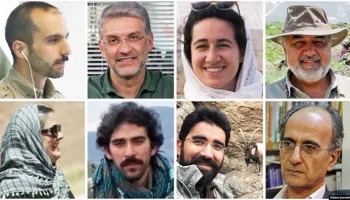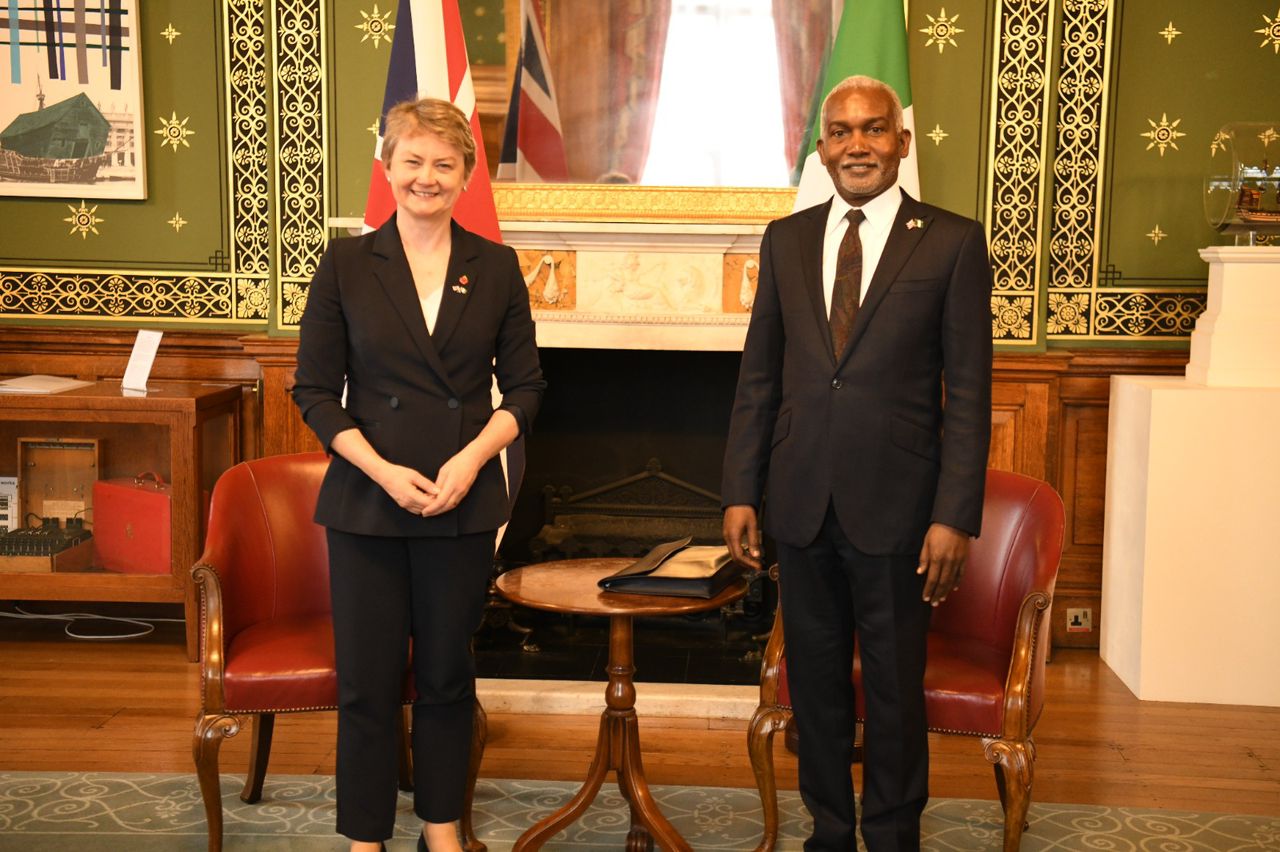UNEP Okays Planned Release Of Niloufar Bayani And Conservationists Imprisoned In Iran

AKINSINDE ADEOLA OYINDAMOLA
The United Nations Environment Programme (UNEP) welcomes the announcement of the impending release of four conservationists imprisoned in the Islamic Republic of Iran including former UNEP colleague Niloufar Bayani.
According to the announcement, Ms. Bayani will be released along with Taher Ghadirian, Houman Jokar and Sepideh Kashani. UNEP looks forward to their effective release in the coming days.
In February 2018, Niloufar Bayani and seven environmental conservationists were imprisoned and subsequently sentenced to lengthy jail terms in the Islamic Republic of Iran. Between 2012 and 2017, Ms. Bayani worked as a consultant based out of UNEP’s Geneva office. In 2017 Ms. Bayani returned to her home country to work on efforts to conserve the Persian or Asian Cheetah, one of the most endangered large cat species in the world. Ms. Bayani was arrested in Feb 2018 along with other internationally, recognized experts in the field of nature conservation, who have all dedicated their lives to the conservation of wildlife in Iran.
Over the past 6 years, we at UNEP have consistently called for the release of Ms. Bayani and the other conservationists. As our natural world faces grave threats and the world reels from the impact of climate change, nature and biodiversity loss, desertification and dust storms, and pollution and waste, environmental conservationists are critical allies in protecting the human right to a clean, healthy and sustainable environment. They are essential to building a sustainable world for current and future generations.
As the Islamic Republic of Iran, the region and the world continue to face grave environmental challenges including climate change, desertification and pollution, it is clear that no country is immune to the devastating impacts of environmental degradation. All voices must be heard and protected as we seek environmental stewardship of the one and only planet on which we all depend.












